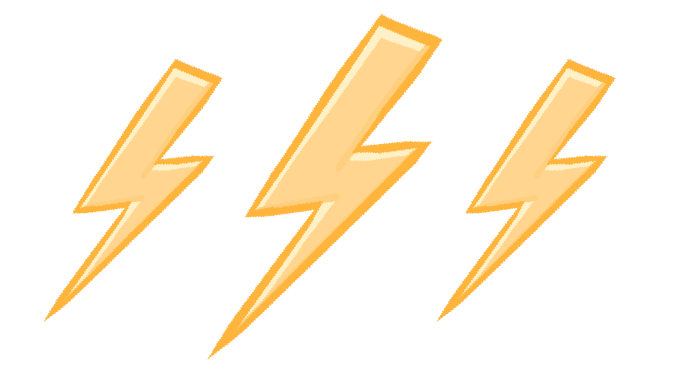Circuits Introduction
This lesson covers:
- What an electric circuit is
- The basic components of an electric circuit
- An introduction to current, potential difference, and resistance
- The direction of electron flow and current flow
A power source for an electric circuit could be a:
(Select all that apply)
Engine
Battery
Pump
Cell
|

This symbol is used to represent a on a circuit diagram.
|
voltage / current / resistance
is a measure of the flow of electrons around a circuit
|
This symbol is used to represent a on a circuit diagram.
|
Amperes, amps, or 'A' are the units of:
Resistance
Current
Voltage
|

What does this symbol represent on a circuit diagram?
Cell
Filament Lamp
Resistor
Battery
|
current / potential difference / resistance
is the force driving the flow of electrons around a circuit
|
In 'conventional current', we say that the electrons flow from:
Negative terminal ➔ positive terminal
Positive terminal ➔ negative terminal
|
current / potential difference / resistance
is everything that resists or opposes the flow of electrons in a circuit
|

Voltage, volts, and 'V', are all used to refer to:
Potential difference
Current
Resistance
|
Ohms (Ω) are the units of:
Voltage
Current
Resistance
|
Current (or 'conventional current') flows from:
Negative terminal ➔ positive terminal
Positive terminal ➔ negative terminal
|